Menstrual Health Water and Sanitation
Menstrual health sits at the intersection of SDG 3: Good Health and Well-being and SDG 6: Clean Water and Sanitation, yet it remains one of the least prioritised issues in Kenya’s public health and education agenda.
A study by the International Centre for Reproductive Health Kenya (ICRH-K), supported by USAID and UNFPA, found that only 45.3% of respondents had access to both water and soap for menstrual hygiene management. Without these basic facilities, many girls are forced to miss school during their periods — a quiet but persistent barrier to education, equality, and dignity.
Across Kenya, menstrual health management (MHM) has long been treated as a hygiene concern rather than a human rights and mental health issue. Yet the Constitution of Kenya (2010) guarantees the right to health, human dignity, equality, and education — all of which are undermined when menstruating girls and women lack safe spaces, clean water, and access to information.
The emotional burden is often invisible: fear of leaks, shame, and stigma contribute to stress, anxiety, and reduced self-esteem, affecting girls’ ability to learn and participate confidently. Addressing menstrual health must therefore include mental wellbeing, not just hygiene and infrastructure.
Despite national commitments to SDG 6 and Kenya’s Menstrual Hygiene Management Policy (2019), water and sanitation planning continues to focus largely on safe drinking water, neglecting menstrual needs. Clean water, soap, private facilities, and disposal options are essential for both physical and mental wellbeing — not optional extras.
Reframing menstrual health as a human rights issue demands a shift in policy and planning: menstrual products, WASH infrastructure, and psychosocial support must be recognized as central to Kenya’s commitments to gender equality and human dignity. Ensuring access is not charity, it’s a constitutional and moral obligation.
The Data
-
The International Centre for Reproductive Health Kenya (ICRH-K), with support from USAID and UNFPA, conducted a study in 2024 to understand menstrual health and hygiene management (MHHM) practices and challenges in Kenya from adolescent girls aged 10-19 years, enrolled in and not attending school, across eight counties: Bungoma, Garissa, Homa Bay, Kitui, Kwale, Marsabit, Nakuru, and West Pokot:
- 22.5% of girls lack access to their preferred menstrual hygiene management products.
- 64.1% of adolescent girls receive menstrual education in schools.
- 74.4% of girls possess prior knowledge about menstruation before menarche.
- 74.4% of girls possess prior knowledge about menstruation before menarche.
- Only 45.3% of respondents have access to both water and soap for MHM at school.
- From the study findings, disposable sanitary pads (92.5%) are the most commonly used menstrual hygiene product in Kenya. Other products used include reusable clothes (2.9%), disposable rags (2.1%), underwear/pants (0.6%), and cotton wool (0.4%). Overall, disposable pads are preferred due to their convenience and hygiene. 77.5% of the girls reportedly have access to their preferred type of menstrual hygiene products. The lack of adequate and private Menstrual Health and Hygiene Management (MHHM) facilities in Kenyan schools present a significant barrier to girls’ dignity, well-being, and education.
- 54.7% of adolescent girls do not have access to both clean water and soap for hand washing. Moreover, the embarrassment girls face when managing their periods in mixed-gender settings highlights a lack of sensitivity and inadequate infrastructure.(International Centre for Reproductive Health-Kenya (ICRH-K), 2025)
- A situation analysis study commissioned by the Ministry of Health (2016) as a step towards developing an MHM policy revealed that there are broad variations in what products females use; the most common materials are store-bought sanitary products. According to the situational analysis, 46% of the population in rural areas use disposable sanitary pads compared to 65% in urban areas, while 6% in rural areas use re-usable sanitary pads compared to 3% in urban areas. The study further showed that 20% in rural areas use either toilet paper, pieces of blankets or cloth or all other natural materials compared to 19% in urban areas. The study further showed that 54% of Kenyan girls faced challenges with access to MHM products, with 22% of school-going girls indicating that they purchased their own sanitary products. This raises troubling questions of how they are able to afford these products.
- In many schools and communities, water and sanitary facilities were found to be a challenge, with only 24% reporting adequacy of sanitary facilities. It further showed that 18% of learning institutions had water in the taps near the toilets, as well as hand-washing facilities and soap. Most schools, 82%, had water closets but did not have running water in the toilets. In terms of sanitary products provision, about 30% of the schools sampled provided sanitary pads for their students, but in most instances, the sanitary pads were only provided for emergencies. In many households, water is ferried from tanks and storage containers, while many urban households have to purchase their water from vendors. (Ministry of Health, 2020)
